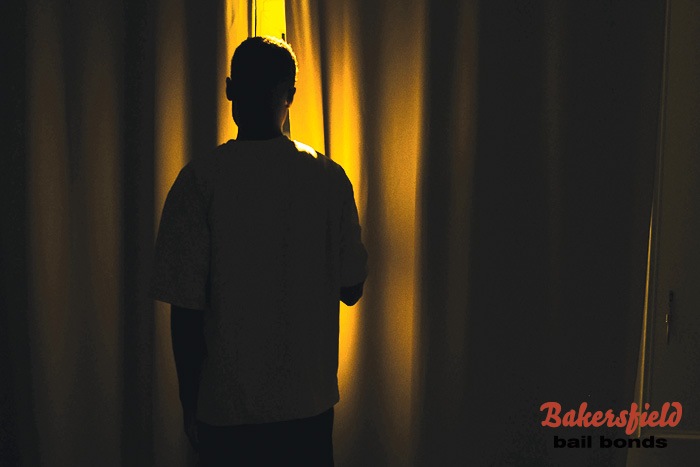
We have a natural inclination to help out our friends and family. Sometimes that inclination can get us into serious trouble.
A perfect example of this is how we are willing to provide sanctuary for loved ones after they’ve committed a crime. While we may not approve of what they’ve done, we also hate the idea of them getting into trouble, as a result, we agree to let them stay in our house (or barn, shed, garage, etc,) for a short time. For most of us, this situation quickly turns into a moral nightmare.
While you might think that you’re doing the right thing by hiding your loved one from the police, you should know that you’re breaking the law. If the police learn that you are doing something that they refer to as harboring a fugitive, they can arrest you on charges of accessory after the fact.
Another potential defense to accessory after the fact is that you weren’t willingly hiding your loved one but were actually under duress at the time and being forced to provide shelter.
It’s important to understand that just because you have a loved one in your home who is a fugitive, that doesn’t necessarily mean you’ll be convicted. To secure a conviction, the prosecution has to prove that you knew your loved one was actively hiding from the police and the police believed that your loved one was involved in a felony. As long as you don’t know that the police are even potentially looking for your loved one and you freely acknowledge that they’re on your property if the police knock on your door and ask, you should be able to beat the accessory after the fact charge.
If you did know that your loved one was in legal trouble and on the run, you could be charged with either misdemeanor or felony accessory after the fact. If you’re convicted of misdemeanor accessory after the fact you could be sentenced to a full year in a county jail. A felony conviction could result in a three-year prison sentence.
